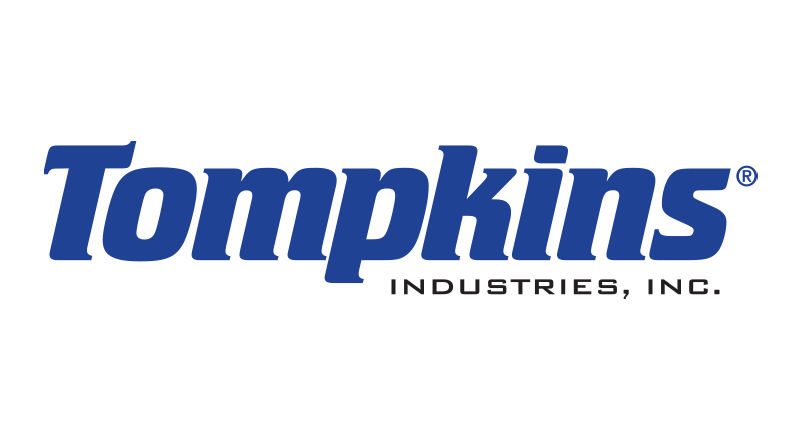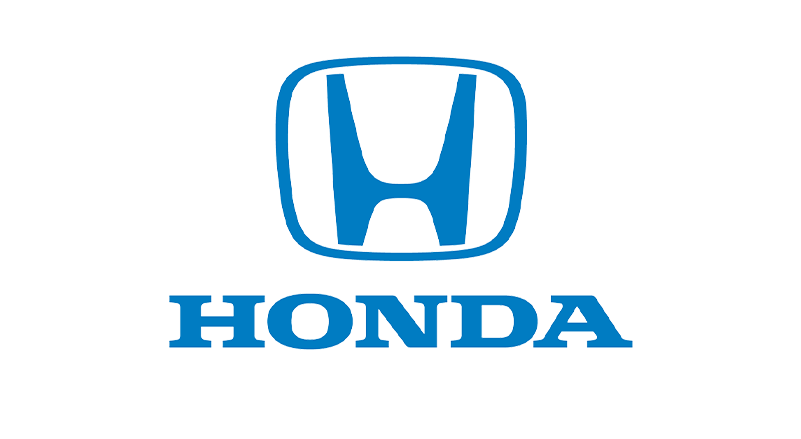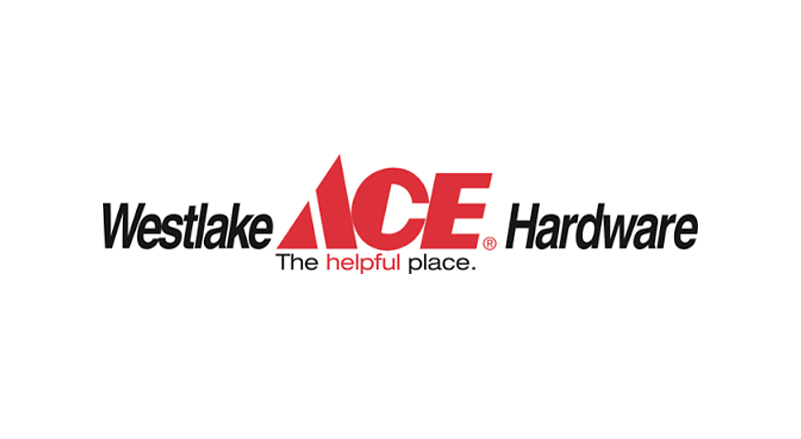Energy Efficient Workplaces are Healthier for Employees
Lower utility bills is usually what comes to mind first when talking about the business case for comprehensive measures to make buildings more energy efficient. But buildings that are energy efficient provide more benefits to companies other than just saving on energy costs.
Rocky Mountain Institute (RMI) wrote last year about how deep energy retrofits can reduce the cost of health care. As it turns out, energy efficient buildings do more than just reduce energy bills for buildings like those that provide healthcare. These retrofits also improve the quality of the services provided in these types of buildings. Just as an example, energy efficiency measures that address low ventilation rates and airflow in healthcare facilities reduce the risk of transmitting infectious diseases, as high ventilation rates and airflow can greatly reduce the transmission of airborne illnesses. Some studies have found that patients in sunny hospital rooms as opposed to rooms using artificial light have a decreased length of stay.
But the direct and indirect health benefits of energy efficiency improvements are not confined to the healthcare industry. Organizations in other industries are beginning to account for and reap the value beyond lowering energy costs, including improved employee health. Improved health and other benefits are changing the way real estate stakeholders evaluate prospective investments in energy efficient buildings.
Google is an example of one of these companies. Google claims it always puts the user first. So it should be no surprise that Google wants to provide a great experience for its employees. Because of this, it values healthy workplaces that are conducive to employee well-being. It is also because of this that Google has invests in energy efficient buildings.
"Energy efficiency is a huge focus for Google - both in our productivity and our operations - and we've found that it aligns with our goals for healthy workplaces," Anne Less, Google [e]Team Innovation Program Manager, told RMI. "There is a strong correlation between workplace satisfaction and temperature, and similarly with Googlers' self-reported productivity."
Google evaluates all decisions it makes for workplaces through the lens of the company's values for health, user experience and sustainability. To achieve greater employee satisfaction and reduce health costs, Google tries to create innovative designs with natural light and clean air eliminate exposure to harmful chemicals and make good use of natural resources more intelligently in its facilities.
RMI's Deep Retrofit Value practice guide describes the large amount of evidence suggesting that energy efficient workplaces are healthier workplaces. Studies have shown that energy efficient buildings can improve health by reducing psychological stress, the number of sick days, incidence and severity of asthma symptoms, respiratory illness and even chronic pulmonary disease and cancer.
A company that has healthier employees outs more of its money to productive uses. Both employer and employee win in this case. Investing in measures that improve employee health also enhances the health profile of the company, enabling more favorable contracts and directly reducing spending on health insurance and medical providers. Energy efficient buildings therefore offer a means for companies to both show commitment to improving society while boosting their bottom line.
Any company, big or small, has a lot to gain from being more energy efficient, and therefore creating healthy workplaces. Energy efficient, healthy workplaces are within reach for any size company, no matter the shape and size.
To learn what energy savings options are available for your business or facility, call our offices today at 913.310.0705. There are numerous ways to start saving money and have a positive impact on the environment at the same time.
Credit: Christophe Wu/Google
Source: GreenBiz.com





